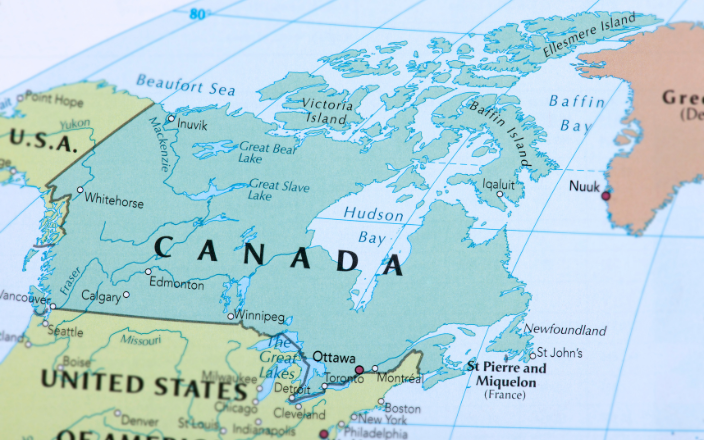Canada’s approach to trade negotiations has always been a balancing act between protecting domestic industries and opening markets for international trade. One of the most contentious issues in recent years has been the inclusion of supply-managed sectors, such as dairy, poultry, and eggs, in trade agreements. The introduction of Bill C-282 has brought this debate to the forefront, raising questions about the future of poultry products in Canada’s trade negotiations.
Bill C-282: A protective measure
Bill C-282, introduced in the Canadian Parliament, aims to amend the Department of Foreign Affairs, Trade and Development Act to prevent further market access concessions for supply-managed sectors in future trade agreements. This bill has garnered significant support from dairy, poultry, and egg farmers across Canada, who argue that it is essential for safeguarding the sustainability of their industries. The bill’s proponents believe that maintaining supply management is crucial for ensuring domestic food security and providing stability for Canadian farmers.
Impact on trade negotiations
The passage of Bill C-282 would have a profound impact on Canada’s trade negotiations. By restricting negotiators from offering concessions on poultry products, the bill would effectively remove these items from the bargaining table in future trade deals. This move is seen as a way to protect Canadian farmers from the pressures of international competition and to maintain the integrity of the supply management system.
However, this protectionist stance has its critics. Some argue that excluding poultry products from trade negotiations could limit Canada’s ability to secure favorable terms in other areas. Trade partners may demand concessions in other sectors if they are unable to gain access to Canada’s poultry market. This could potentially lead to less advantageous trade agreements overall.
The role of supply management
Supply management is a uniquely Canadian system that controls the production and importation of dairy, poultry, and eggs through quotas and pricing mechanisms. This system ensures that Canadian farmers receive a fair return for their products and that consumers have a reliable supply of these goods. During the COVID-19 pandemic, the supply management system proved its worth by ensuring that Canadian families had access to safe, local, and affordable food, despite global supply chain disruptions.
Future prospects
As Canada continues to navigate its trade relationships, the future of poultry products in trade negotiations remains uncertain. The outcome will largely depend on the political will to pass Bill C-282 and the responses from Canada’s trade partners. If the bill is enacted, it will mark a significant shift in Canada’s trade policy, prioritizing the protection of domestic industries over broader market access.
In conclusion, the debate over whether poultry products will be removed from future trade negotiations in Canada highlights the ongoing tension between protecting domestic industries and engaging in global trade. The passage of Bill C-282 would solidify Canada’s commitment to supply management, but it also poses challenges for future trade negotiations. The coming months will be crucial in determining the direction of Canada’s trade policy and the fate of its poultry industry.
Sources: Available upon request.

